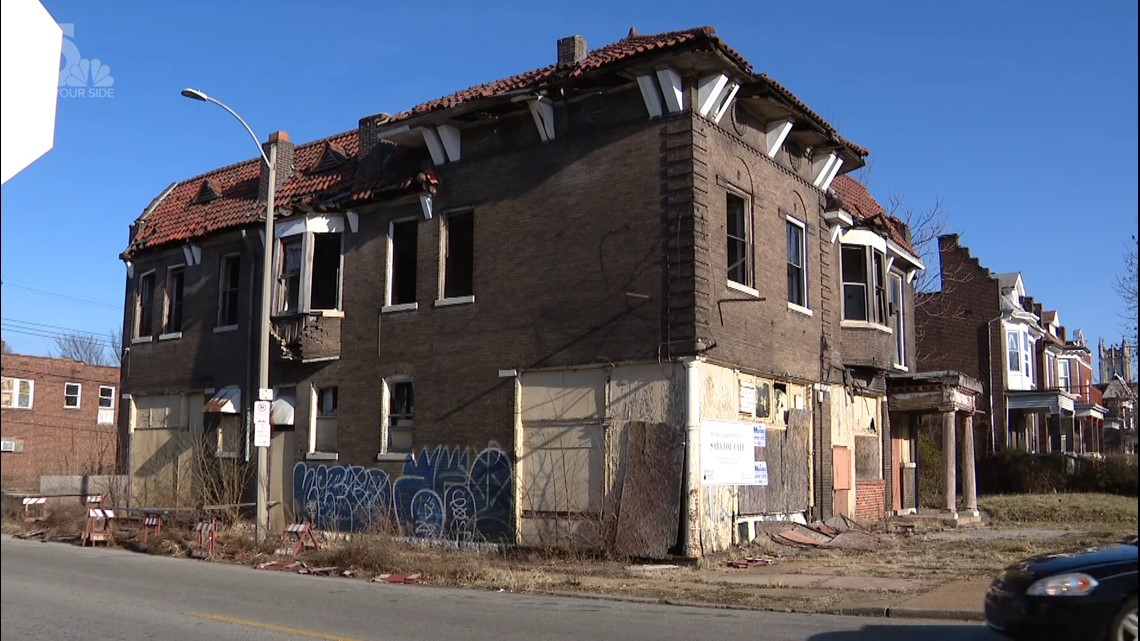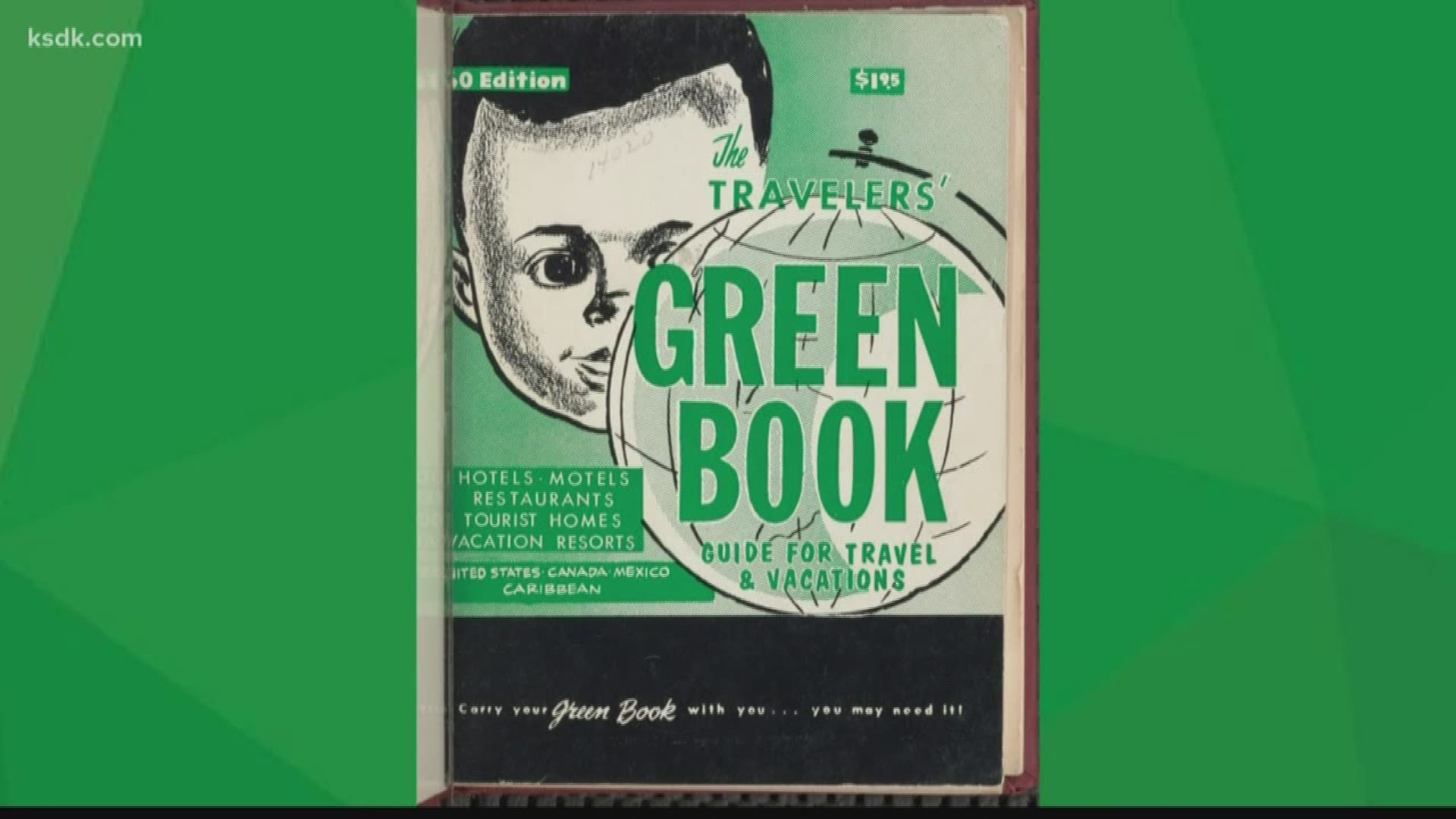ST. LOUIS — A University City man can tell you a lot about The Green Book. Not the Academy Award-winning movie, because Irv Logan hasn’t seen the film. But he’s a fountain of information about The Negro Motorist Green Book.
“That was what you needed to travel with when you were a person of color back in the days of segregation,” Logan said.
The 75-year-old Logan remembers a time before the Civil Rights Act of 1964. When he was a child, the United States was a legally segregated country where white people refused to go to school with blacks, and African Americans staged sit-ins for the right to eat at segregated lunch counters. As the interstate highway system grew, driving while black often collided with segregation laws and bigotry. Stopping at the wrong hotel or restaurant could literally be a matter of life or death. That’s the historical context that led to The Negro Motorist Green Book.
“Carry your Green Book with you — you may need it" was the advice contained in The Green Book. That advice came from New York City mailman Victor Hugo who came up with the idea for The Negro Motorist Green Book. First published in 1936, The Green Book listed motels, restaurants and other businesses that would serve black customers.
“And so The Green Book was something that gave them a little more comfort level if they had to travel,” explained Logan.
After World War II, Irv Logan’s grandmother, Alberta Ellis, turned Springfield, Missouri’s City Hospital into a one-stop shop for African-American travelers along historic Route 66.
“And so she bought the place and she converted it into a hotel and she leased space inside of the hotel. So, there would be a barbershop, the beauty shop,” said Logan. “And as she began to advertise, and that's how she eventually ended up getting in The Green Book.”
Over the years, St. Louis hotels, service stations and restaurants also were listed in The Green Book. Although many of those buildings no longer exist, the Sara Lou Cafe on St. Louis Avenue is still standing. Now at 114 years and counting, the years have been unkind to the Sara Lou Cafe, which has severe roof damage, rotted wood and broken windows. Yet plans are underway to save the historic cafe.
“We know we are racing against the clock, but we have faith and that’s why Northside Community Housing exists in The Ville neighborhood,” said Aaron Williams, a board member of the non-profit trying to save the building.


Northside Community Housing purchased the Sara Lou Cafe from St. Louis. If the non-profit’s new crowdfunding campaign raises enough money, the Sara Lou Cafe could be saved.
“Part of that crowdfunding campaign will be to collaborate with Civil Life Brewery,” said Williams.
Civil Life Brewing Company in south St. Louis is owned by Jake Haffner, who is helping Northside Community Housing raise money by selling one of its beers as Sara Lou Brew.
“If all of us put in a little bit of money together, we can save this building together,” said Haffner. “And to me that's, that's what the city's about.”
Irv Logan hopes beer drinkers will buy a case or two of Sara Lou Brew because he used to live near the Sara Lou Café when his family moved from Springfield to St. Louis.
“I loved to eat the shrimp, and it was one of the places that was referred to as a good place to eat and a place where people of color could go,” said Logan.
Which brings us back to The Green Book. In one edition, publisher Victor Green wrote, “There will be a day sometime in the near future when this guide will not have to be published.”
Logan lived long enough to see that change, although he agrees that it doesn’t seem right that The Green Book was needed to keep people of color safe when they traveled.
“Not today, it doesn’t. Not today,” said Logan. “But you know, times change.”
The $300,000 crowdfunding campaign begins Feb. 20. Click here for more information.

